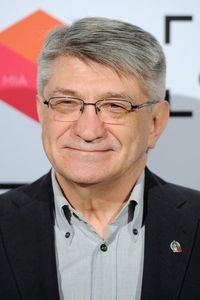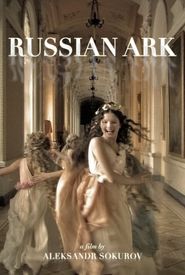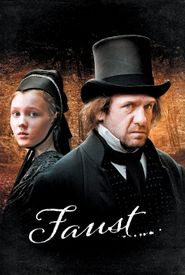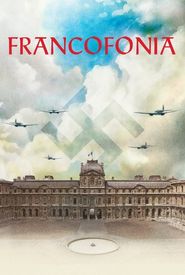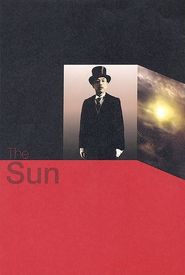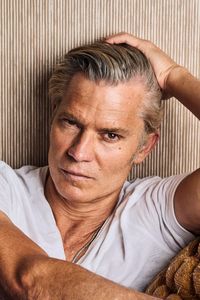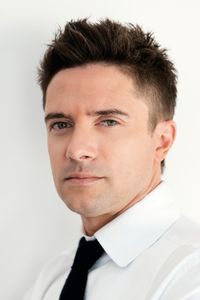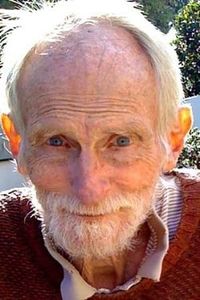Aleksandr Sokurov, a renowned Russian director, was born on June 14, 1951. Known for his avant-garde and independent filmmaking style, he has garnered international recognition for his thought-provoking and visually stunning works. Often compared to the great Andrei Tarkovsky, Sokurov's films are characterized by their spare, gloomy, and contemplative atmosphere, which he achieves by blurring the lines between image and reality.
A distinctive hallmark of Sokurov's style is his use of long, meticulously composed shots that evoke the works of real painters. He also frequently employs distorted field of view, zooms, and wide-angle lenses to create a sense of depth and immersion. His films often eschew traditional narrative structures, instead focusing on aesthetics and impressionism, and exploring philosophical themes related to history and nature.
Sokurov is a strong advocate for the importance of filmmaking, emphasizing the need for artists to resist the laziness of modern audiences and to create works that transcend mere entertainment. His commitment to his craft is evident in his meticulous attention to detail and his willingness to push the boundaries of traditional filmmaking techniques.
Some of Sokurov's most notable works include the feature film "Russian Ark" (2002),which was filmed in a single, unedited shot, the critically acclaimed "Mother and Son" (1997),and "Faust" (2011),which won the Golden Lion at the Venice Film Festival, the highest honor for best film.
